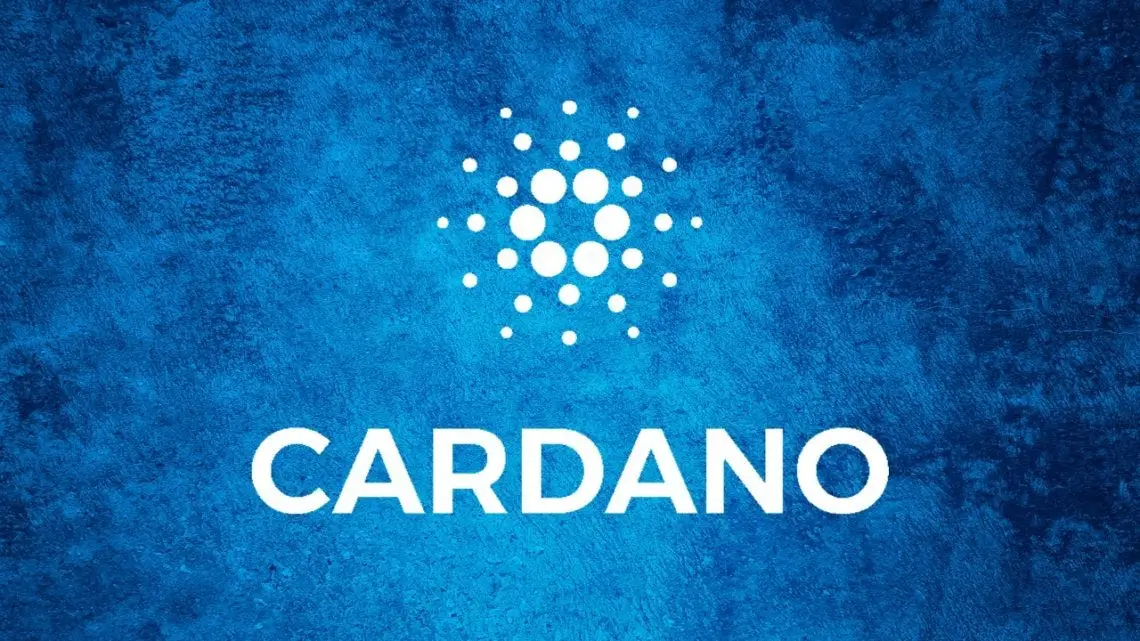Cardano Faces Challenges as Key Developer Leaves
30.09.2024 20:30 1 min. read Alexander Stefanov
A notable departure from the Cardano project has occurred as Vladimir Kalnitsky, a key developer behind the cardano-transaction-lib (CTL), has announced he is stepping away.
This exit raises further alarms about Cardano’s ability to draw and retain skilled professionals in the rapidly changing blockchain sector.
Kalnitsky, who has gained significant insights while working within Cardano’s PureScript ecosystem, mentioned a waning enthusiasm for functional programming languages, particularly Haskell, which plays a crucial role in Cardano’s architecture. This sentiment reflects broader frustrations within the developer community.
Haskell, while technically advanced, has a reputation for its steep learning curve, which may deter new developers from engaging with the platform.
Concerns about ADA’s appeal are echoed by many in the industry. The complexity of Haskell and its limited usage beyond specialized fields contribute to the challenges faced. Blockchain developer Hinson Wong noted that the ecosystem surrounding Haskell and Cardano’s unique UTXO model makes wider adoption difficult.
In comparison, the Ethereum Virtual Machine (EVM) benefits from a larger community and a more substantial market presence, making development seem less costly, particularly for DeFi projects.
With the ongoing departures of essential developers and high development costs, the prospects for Cardano, especially in the DeFi arena, remain precarious.
-
1
Ripple Faces Legal Setback as Court Rejects Bid to Ease Penalties
26.06.2025 16:54 1 min. read -
2
Coinbase Surges 43% in June, Tops S&P 500 After Regulatory Wins and Partnerships
29.06.2025 21:00 2 min. read -
3
Ripple Has Applied for a National Banking License
03.07.2025 7:00 2 min. read -
4
What Will Happen With the Stock Market if Trump Reshapes the Fed?
29.06.2025 13:00 2 min. read -
5
Barclays Blocks Crypto Credit Card Payments in Latest Blow to Retail Investors
26.06.2025 8:00 2 min. read
Charles Schwab to Launch Bitcoin and Ethereum Trading Soon, CEO Confirms
Charles Schwab is preparing to roll out spot Bitcoin and Ethereum trading, according to CEO Rick Wurster during the firm’s latest earnings call.
BlackRock Moves to Add Staking to iShares Ethereum ETF Following SEC Greenlight
BlackRock is seeking to enhance its iShares Ethereum Trust (ticker: ETHA) by incorporating staking features, according to a new filing with the U.S. Securities and Exchange Commission (SEC) submitted Thursday.
IMF Disputes El Salvador’s Bitcoin Purchases, Cites Asset Consolidation
A new report from the International Monetary Fund (IMF) suggests that El Salvador’s recent Bitcoin accumulation may not stem from ongoing purchases, but rather from a reshuffling of assets across government-controlled wallets.
Sberbank Moves to Dominate Russia’s Crypto Custody Sector
Sberbank, Russia’s largest state-owned bank, is preparing to launch custody services for digital assets, marking a significant expansion into the country’s evolving crypto landscape.
-
1
Ripple Faces Legal Setback as Court Rejects Bid to Ease Penalties
26.06.2025 16:54 1 min. read -
2
Coinbase Surges 43% in June, Tops S&P 500 After Regulatory Wins and Partnerships
29.06.2025 21:00 2 min. read -
3
Ripple Has Applied for a National Banking License
03.07.2025 7:00 2 min. read -
4
What Will Happen With the Stock Market if Trump Reshapes the Fed?
29.06.2025 13:00 2 min. read -
5
Barclays Blocks Crypto Credit Card Payments in Latest Blow to Retail Investors
26.06.2025 8:00 2 min. read


